Culture

Lapita Pottery from the Santa Cruz Islands
This pottery sherd dates from around 1000 BCE and is from the Lapita culture, the likely common ancestor of contemporary Polynesian cultures. This sherd was found in the Santa Cruz Islands, part of the Solomon Islands.

Zoomorphic Figure from Papua New Guinea
This stone figure from an unknown culture in ancient Oceania may represent an echidna, which is an egg-laying mammal that is related to the platypus.

Bird Stone Figure from Papua New Guinea
This stone figure from ancient Oceania loosely shaped like a bird comes from an unknown ancient culture that lived in the highlands of Papua New Guinea.
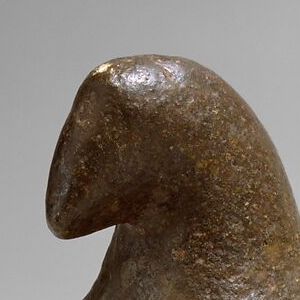
Pestle Finial from Papua New Guinea
This image is of a pestle finial in the shape of a bird from an unknown culture in ancient Oceania. Pestles are a tool used for crushing or grinding, often used for cooking ingredients such as spices, and were likely also used with other stone mortars that have been found in the region.
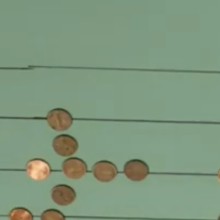
History of Pre-Modern Math
Before the widespread adoption of Arabic numerals, medieval and early modern Europeans added, subtracted, multiplied, and divided using a type of abacus known as a counting board and only afterwards recorded the results of their ca
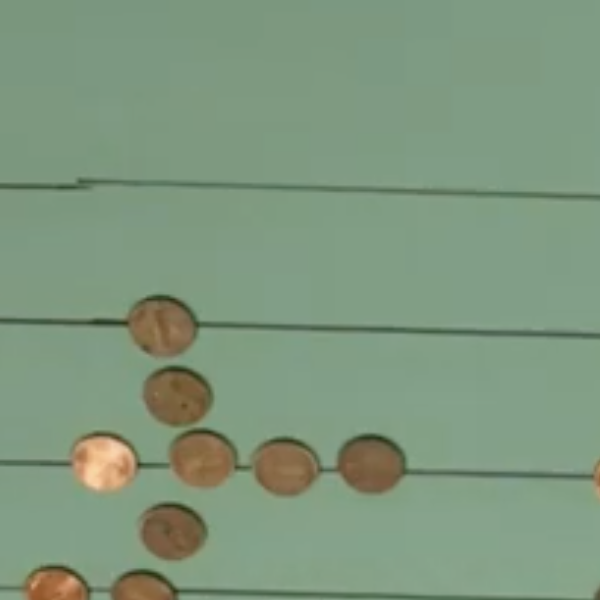
Adding and Subtracting with an Early Modern Counting Board
Before the rise of literacy rates, counting boards such as the one featured in the video were the most common way to perform arithmetic. After pen-and-paper arithmetic replaced counting boards, Arabic numerals also became dominant throughout Europe.
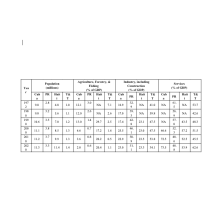
Economic Diplomacy in the Caribbean Since the Second World War
Economic affairs are an essential part of world history and, even more so, in contemporary times after World War II, when globalization processes with higher levels of interdependency and proximity among individuals and countries are increasingly observed.
Transcript of the Treaty of Basseterre of 1981
To capture the diplomatic side of Caribbean economic history from the point of view of the governments, official documents describing economic policies, joint strategies, and related decision-making processes in the Caribbean
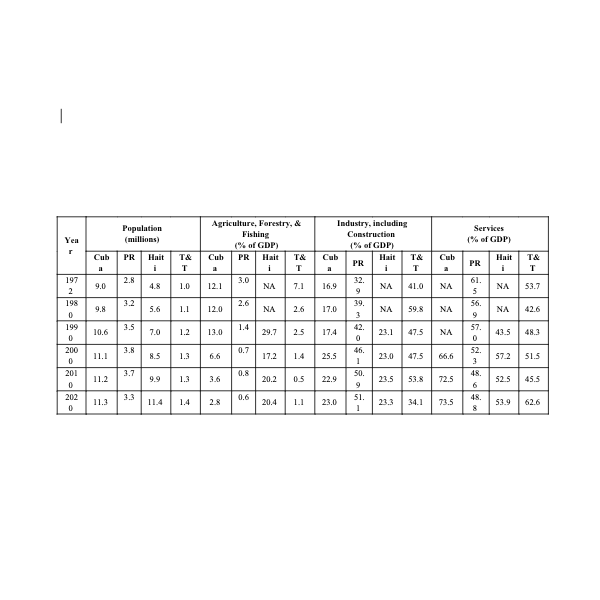
Popular World Development Indicators for Four Caribbean Countries
Raw numerical data may be pursued to track historical behavior through socioeconomic and demographic indicators.
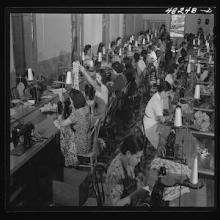
Short Teaching Module: Portraying Women Workers: Beyond Norma Rae
Starting at the turn of the twentieth century, U.S. and insular government offices and textile and garment businesses incorporated women of the New South and Puerto Rico into manufacturing in distinct yet interrelated ways.